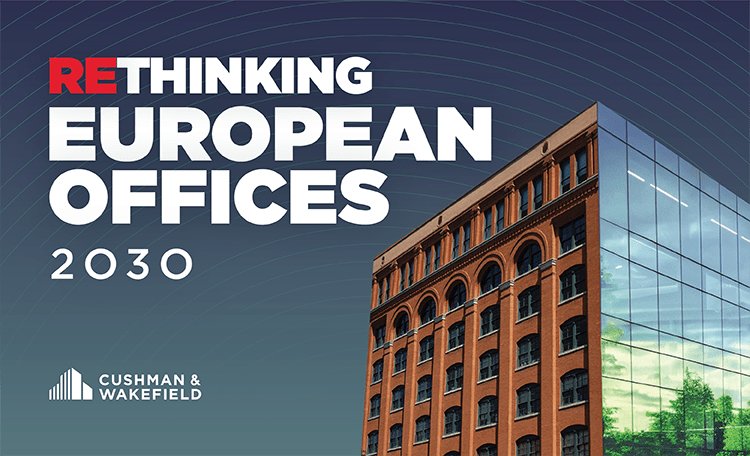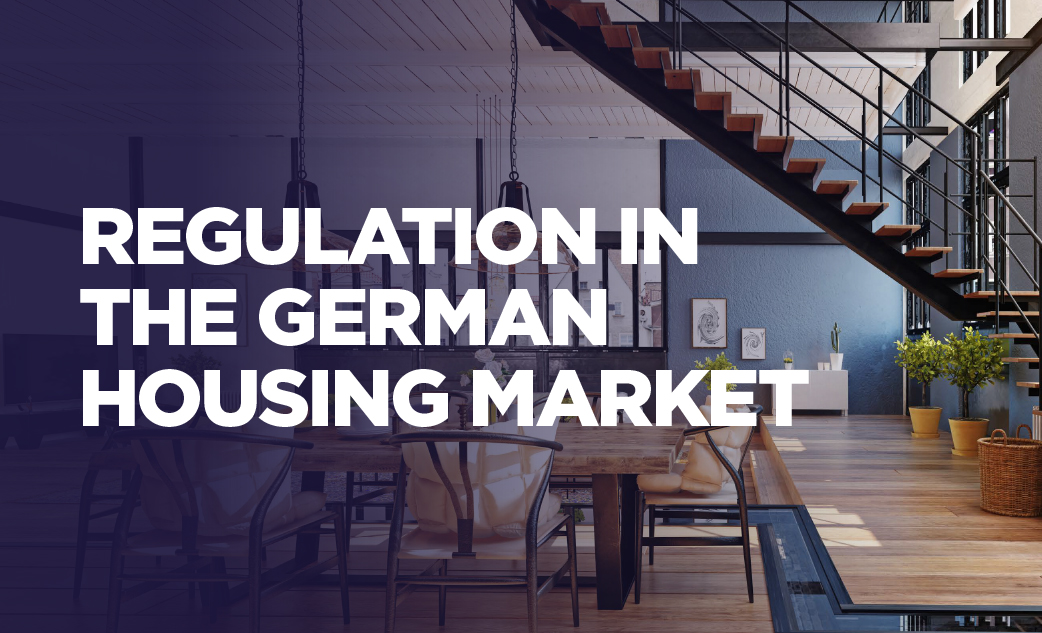Flexible office space with a focus on coworking, communication and collaboration was the major trend in the German office sector from 2017 to 2019. Many operators opened new locations in Berlin and other major cities. The development, which was slowed by the Covid-19 pandemic, is now regaining momentum, as our current study "Flexible Office - Where does the industry stand after the pandemic" shows.
Covid-19 pandemic slows growth by up to 25 percent
After flexible office space, i.e. an equipped office work environment offered by an operator that can be rented on flexible terms, experienced a boom, it was followed by an abrupt slump in demand with the onset of the pandemic, according to one of the study’s seven main facts. This is true for Flex workplaces as well as for the conference sector.
Many operators stopped developing new sites, which was reflected in a significant drop in space growth from 2020 onwards. At the beginning of 2023, the Flex office stock in the German top-7 markets amounts to 1.04 million square metres. According to our calculations, this figure would be 20 to 25 per cent higher had the Covid-19 pandemic not occurred.
Flex office grows significantly again after the pandemic
Particularly from early summer 2021, interest in flexible workplaces rose again. Companies - increasingly including major firms - oriented themselves towards Flex offices. The reason was a rethinking of future workplace structures. As a result, the utilisation of existing Flex office offerings increased, especially in city centre locations. Today, operators are once again looking for suitable space. "Flex office provides its users with layout flexibility that creates an economic asset even in difficult times" explains Helge Zahrnt, Head of Research & Insight Germany.
Take-up has survived the Covid-19 low
We recorded a record 7.7 per cent Flex contribution to office take-up in 2018. This figure represents the peak to date. In 2022, the share was 2.7 per cent, with growth resuming. The highest level of letting activity was in Munich.
Today, the demand is mainly for hybrid offers that combine elements of business centres (flexible rental of private offices of various sizes) with those of coworking (open-plan, trendy design, community idea).
Companies as tenants in the post-Covid-19 environment
"In the post-Covid environment with an increasing proportion of working from home, the focus is also shifting to medium-sized companies and larger corporate entities. A demand-oriented adaptation of space is essential for them now and in the future and this is significantly increasing the importance of Flex office locations in their own space portfolio." says Christian Lanfer, Head of Office Agency Germany, on the reasons. "The future of office real estate lies in hybrids - on the one hand modern office space, on the other hand a Flex proportion that can be used by all tenants as required."
Berlin is the Flex-space capital
The current Flex space is spread over 570 locations of 239 different operators. This means workspaces for 107,400 people and corresponds to 1.1 per cent of the German office space stock. A further 28 openings with 77,000 square metres of space are planned.
In Berlin, the mix of coworking and hybrid makes for the most vibrant Flex landscape in the German market. In the capital, there are 90 operators running 182 locations. In comparison: in Stuttgart, Munich, Cologne, Hamburg, Frankfurt and Düsseldorf there are only 33 to 100 Flex office locations, each from different operators.
The Flex office sector is dominated by a small number of large providers
Only 19 of the roughly 245 Flex office operators in Germany have more than 10,000 square metres of Flex space opened or planned - they account for 75 per cent of the total market in the top-7 cities. With the exception of Regus, the five largest providers (Design Offices, WeWork, Regus, Spaces and Mindspace) are hybrid providers and combine elements of business centres with those of coworking. Design Offices with 34 locations and WeWork with 24 locations are by far the largest hybrid providers in the top-7 markets.






